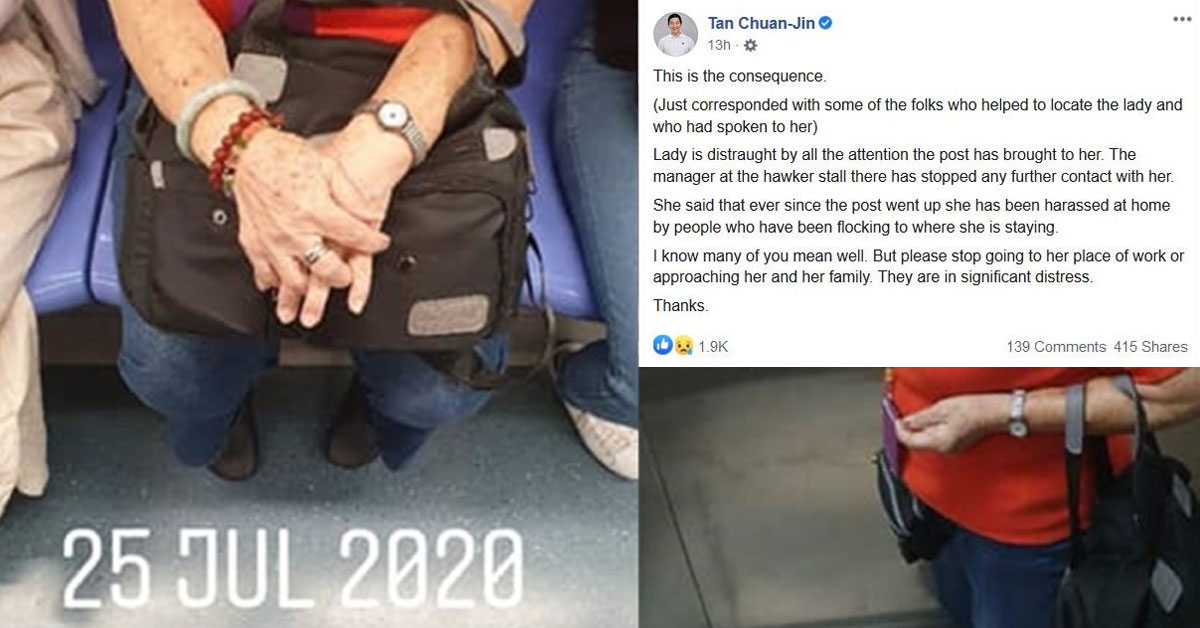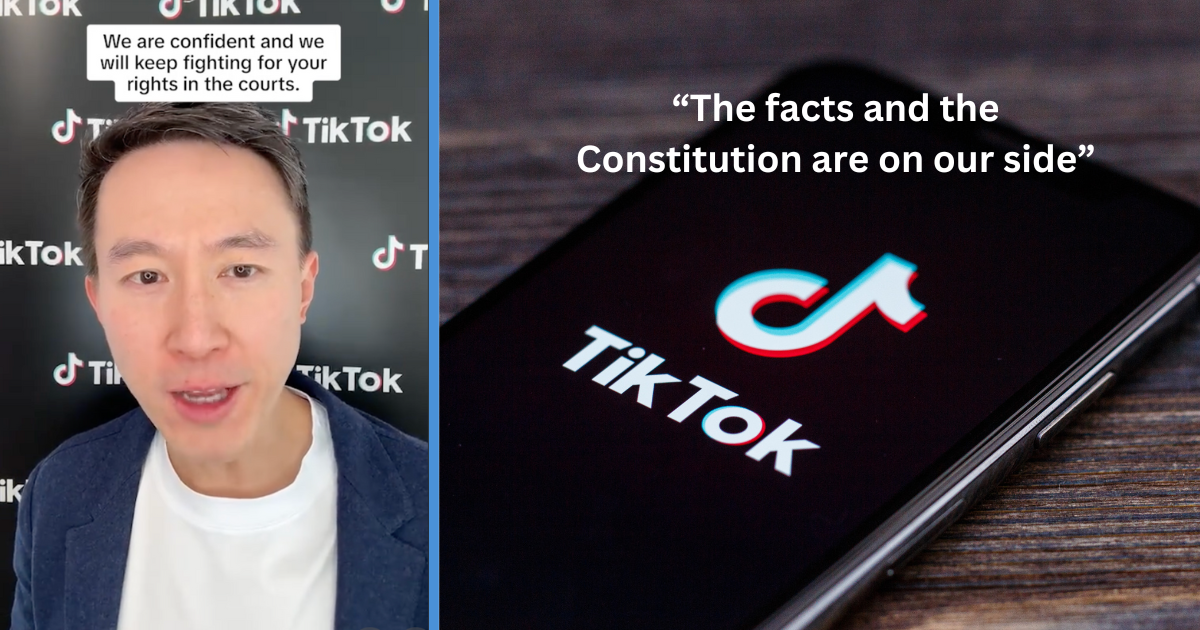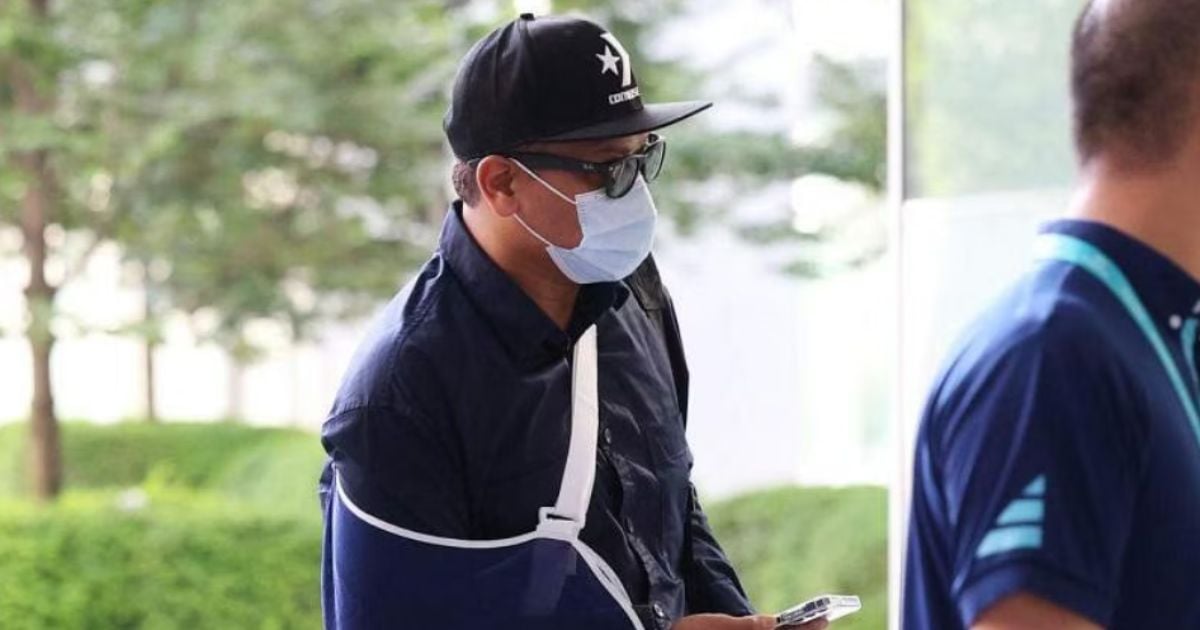We have to admit that sometimes the lack of context makes things funnier.

But in this case, no context just makes TCJ’s (Tan Chuan-Jin) post more boring and probably somewhat confusing. Cause why the heck is TCJ teaching me how to help people?
So, before we actually go into TCJ’s short tutorial on how to help people, here’s the context.
“Help” Leading To Harassment
In the past few days, someone posted a strongly worded Facebook post, alleging that an 82-year-old lady earned $5 an hour for 4 hours daily as a cleaning attendant and dishwasher, and that amount was all she has to survive in Singapore alone.
The story also went on to talk about more untrue facts, like how she lives in a rental flat and how her son died in a training exercise in NS but no compensation was received yet.
The virality of the post prompted MSF to respond, debunking many of the facts in the post. As it turns out, almost all the details in the viral post were false. That 82-year-old lady in question isn’t actually living that badly.
Granted, it might have made MSF respond to the situation faster, who are now assessing her eligibility for other grants and support from grassroots organisations. It’s not clear if this help were already in process before the post went viral.
So you might be thinking: well, big deal. We got a little scare but were corrected quickly, and the auntie now gets help a little faster. Everybody happy right?
Nope.

TCJ talked to some who went to talk to the lady and it turns out she is distraught by all the attention the viral post brought to her and even said that people were harassing her at home.

TCJ also recounted another case where unwarranted “help” led to unwanted consequences.

Apparently, there was an old couple who were tracked down by an opposition leader who went to interview them and made their story public. The unwanted attention from the post left them “traumatised” and “withdrawn” after that incident.
Plus there’s one more problem: MSF’s fact correction will not go viral like the original post so the truth might not come out.
With or without good intentions, unwarranted help can sometimes lead to things becoming worse than before.
So, How Do We Actually Help People?
According to TCJ’s post, here are the 10 steps:
- Speak to them and listen empathetically. It may take time before they are prepared to open up, but it goes a long way to just listen. It helps to do this over coffee or a meal.
- Understand their situation and note down details.
- The most important thing is to determine if immediate help is required, like in the case of suicide or other situations that they will suffer if left alone. Stay with them, seek help from other people around you and call the police if needed.
- But most of the time, you won’t need to call the police. If you feel it’s necessary, give some money, buy a meal or anything if you feel it’s needed. If you’re not sure, it’s always better to err by helping.
- Get details like name, address and NRIC if they are willing to share. If not, note their description, time and specific location.
- Talk to their family members to understand their situation better, if they are available.
- Call 1800 222 0000, the Comcare hotline. Details are important so that the offices can triage and follow up specifically.
- Or contact the nearest Social Service Office
- Or contact your MP or local MP.
- Lastly, one more reminder that sharing on social media may not always be the best since we don’t know the full facts and stories.
So basically, unless you’re sure that you can really help, don’t kaypoh and make things worse lah.





